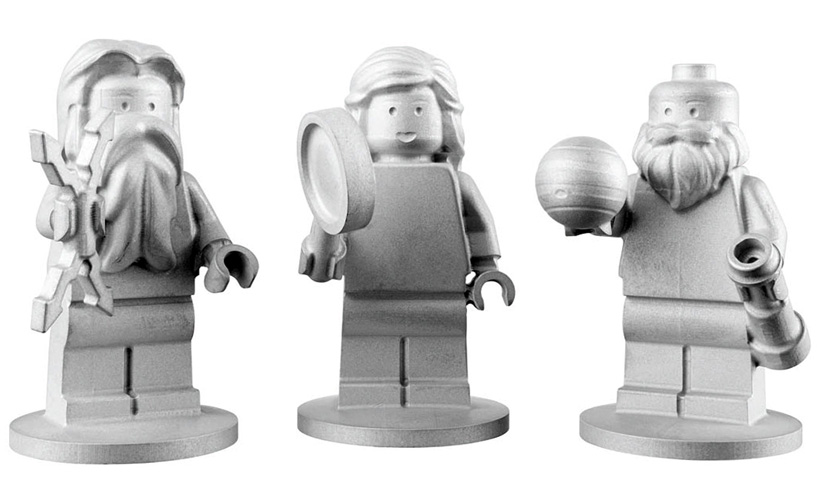I heard the quote "Today's kids will not fly on the shuttle but they will walk on Mars" - Admin. Bolden
This got me thinking what are the problems facing a mission to Mars?
How long is a journey to mars? After some searching I found the value of 9 months just to get there, oh and the opportunity only comes around every 26 months! (
source)
My next point of inquiry how long are astronauts on the ISS ? I found that it is about 6 months which is only a third of the time it takes just to get there and back!
So what are the heath risks of being in space? for this NASA where quite help full (
source 1 ,
source 2 )
Some of the most well known risks are muscle atrophy and spaceflight osteopenia (or bone-loss to you and me) these are both coursed by the micro-gravity in space! So we could use artificial gravity be a solution? Yes and it's easy enough to mimic gravity, use a centrifuge! However NASA says it's to expensive/complex to spin the entire space craft and suggest a bike in a loop- it would be a human powered centrifuge. This would also mean that the astronauts would be exercising too which is reported to help with these problems.

However in the experienced force would not be distributed evenly through the body which could make for interesting results.
Then there is the very serous problem of radiation! The main counter measure at the moment is limiting the time exposed not really much use for the trip to mars. Also inboard the ISS two thirds of the radiation is blocked by body of earth and it's magnetic field. In the Apollo missions the astronauts received three times the dose of astronauts on the ISS. But baring some devloping cataracts they where healthy. However for much longer trip to mars the radiation exposure is going to be much higher!
So what can be done about the radiation? according the NASA source above Hydrogen is the best element at absorbing high energy radiation! Hydrogen being a gas isn't much use as shield by it's self now is it! So finding a compound with high hydrogen content is the key to a good shield. Well my minor subject at uni is chemistry and I can tell you, as does the source, plastics such as polythene are very high in Hydrogen.
Problem sorted? Not quite as the structure of any spacecraft has to be strong and light, as well as providing adequate radiation shielding. At Marshall Space Flight Center they have developed a reinforced polyethylene that is 10 times stronger than the aluminum used in spacecraft today and it's lighter! Now all that needs to be done it to make it cheaply enough.
So it looks like NASA are well on there way to mars. However there still a lot more research to be done on the effects of micro-gravity and the radiation on the body, along with many other advisement that I haven't covered (you'd be here all day if I did) before any manned missions to mars can happen. I just hope that the US government give NASA the resources they need to meet there proposed target of today's children getting to mars and I hope I'm alive to see it!
 Lego figures of (From left to right) the gods Jupiter and Juno as well as astronomer Galileo Galilei made of aluminium have been sent along for the ride.
Lego figures of (From left to right) the gods Jupiter and Juno as well as astronomer Galileo Galilei made of aluminium have been sent along for the ride. 
